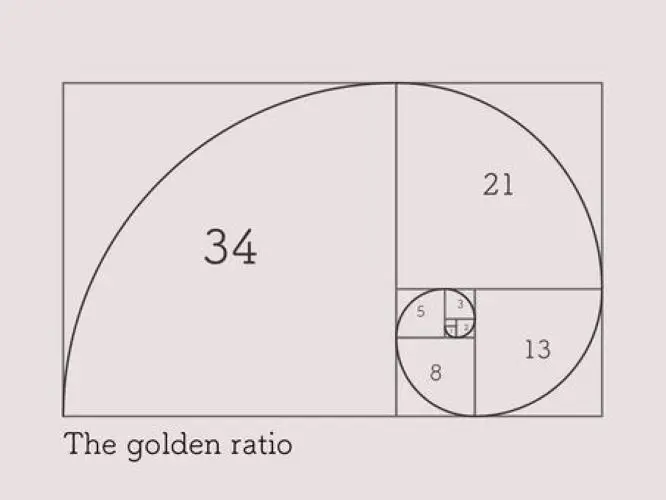
Let’s review what we’ve learned about trading Fibonacci.
The key Fibonacci retracement levels to keep an eye on are: 23.6%, 38.2%, 50.0%, 61.8%, and 76.4%.
The levels that seem to hold the most weight are the 38.2%, 50.0%, and 61.8% levels, which are normally set as the default settings of most forex charting software.

Remember that forex traders view the Fibonacci retracement levels as potential support and resistance areas.
And because these levels tend to be closely watched by many, many forex traders, the support and resistance levels may become a self-fulfilling prophecy.

Similar to the retracement levels, the key Fibonacci extension levels are: 38.2%, 50.0%, 61.8%, as well as the 100%, 138.2% and 161.8% extensions.
Traders use the Fibonacci extension levels as potential support and resistance areas to set profit targets.
Again, since so many forex traders are watching these levels and placing buy and sell orders to take profits, these levels can often become the end of the trend move due to self-fulfilling expectations.
In order to apply Fibonacci levels to your charts, you’ll need to identify Swing High and Swing Low points.
A Swing High is a candlestick with at least two lower highs on both the left and right of itself.
A Swing Low is a candlestick with at least two higher lows on both the left and right of itself.
When using Fibonacci tools, the probability of trading success could increase when used with other support and resistance levels, trend lines, and candlestick patterns for spotting entry and stop loss points.
Also, check out the book, The Complete Guide To Comprehensive Fibonacci Analysis on FOREX if you want to further your Fibonacci study.

Subscribe to our daily newsletter and get the best forex trading information and markets status updates
Trade within minutes!
Comment (0)